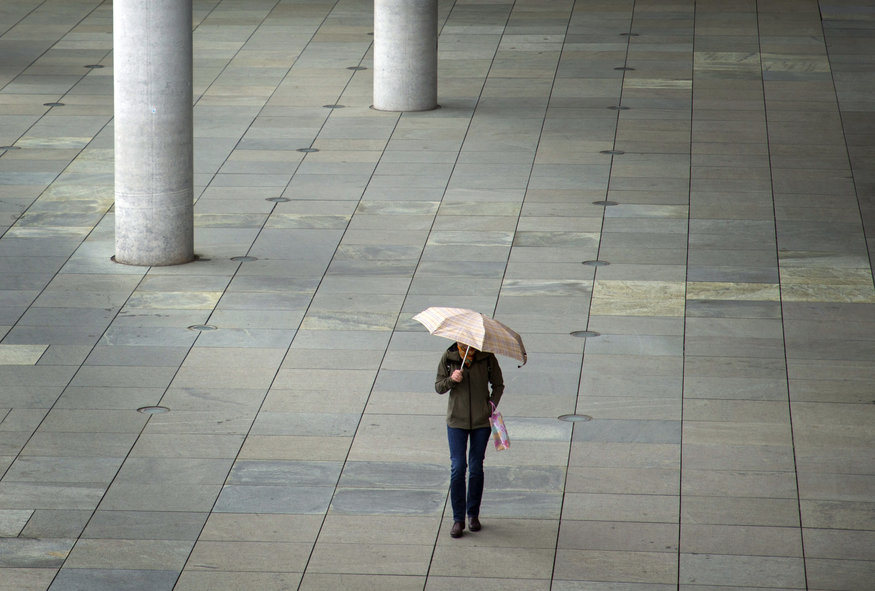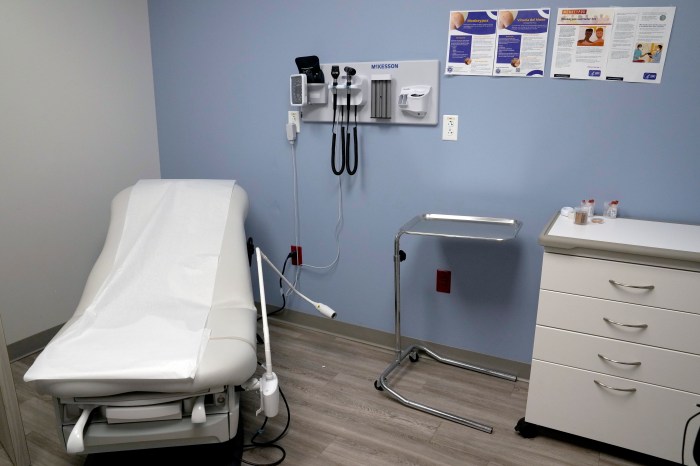We’re more connected than ever, thanks to social media and smartphones, but we’re also lonelier than ever.
Especially young people.
At least according to a new study sponsored by Cigna. The insurance carrier — in conjunction with the research firm Ipsos — measured loneliness in 20,000 Americans using UCLA’s Loneliness Scale.
The 20-question Loneliness Scale gauges a person’s “subjective feelings of loneliness as well as feelings of social isolation” on a scale of one to four — never, rarely, sometimes or often.
And the results are alarming.
Younger people are more likely than seniors to be lonely
Elderly Americans are typically the group of people touted as the loneliness, but the Cigna loneliness study found that they’re not as isolated as previously thought.
“Half of Americans view themselves as lonely,” David Cordani, president and CEO of Cigna Corp, told NPR. “I can’t help but be surprised [by that].”
The national loneliness score — on a scale of 20 to 80 — is 44, according to the survey results. Those in Generation Z (currently ages 18 to 22) clocked a loneliness score at 48, compared to 39 for adults 72 and older.
Social media makes us lonelier
Social media is intended to make us feel more connected to each other, but a growing body of research shows the opposite is true.
“I have students who tell me they have 500 ‘friends,’ but when they’re in need, there’s no one,” Jagdish Khubchandani, a health science professor at Ball State University, told USA Today. Talking to people via computers and phones might seem like socializing, but it’s not replacement for the real thing.
Research published in 2017 by San Diego State University psychologist Jean Twenge showed that more screen time might cause more depression and suicide among American adolescents. The same research found the opposite for those not as active on social media; the more face-to-face social interactions they have, the less likely they are to experience depression or suicidal thoughts.
Is loneliness dangerous to our health?
It might seem a little dramatic to say that loneliness is dangerous, but isolation is scientically shown to have negative impacts on a person’s health.
A 2017 meta analysis of 148 studies on loneliness and isolation with over 300,000 participants found that people with better social connections are 50 percent less likely to die early. Another meta analysis using data from 3.4 million people in four continents found that being alone played a direct role in premature death.
But, why? One thought is that being lonely creates anxiety — and not getting that interaction increases anxiety. The loneliness creeps into other areas of their life, too. A study from researchers at the University of Arizona found that lonely people are less equipped to deal with stress, maintain health and get adequate sleep.
“There’s a blurred line between mental and physical health,” Cordani added to NPR. “Oftentimes, medical symptoms present themselves and they’re correlated with mental, lifestyle, behavioral issues like loneliness.”
Stress can create a physical response, including inflammation that damages tissue and blood vessels. Over time, inflammation can contribute to the development of heart disease, arthritis and diabetes, according to physician Vivek Murthy, a former U.S. surgeon general.
“Stress from loneliness is an insidious type of stress,” Murthy told USA Today.
Cigna plans to use the results of the study to not only help improve mental health services in doctor’s offices, but also encourage employers to take a more proactive role in easing employee loneliness.
But fixing loneliness and isolation takes an active personal effort, too.
“The antidote to loneliness is activity,” psychologist Fran Walfish, author of “The Self-Aware Parent,” told Market Watch. Activity can be anything — exercise, shopping, dining out— that gets a person out into the public and interacting with others.
And it doesn’t have to be an overwhelming undertaking.
“Depending on how long the person has been isolated, sometimes baby steps help,” she added.



















